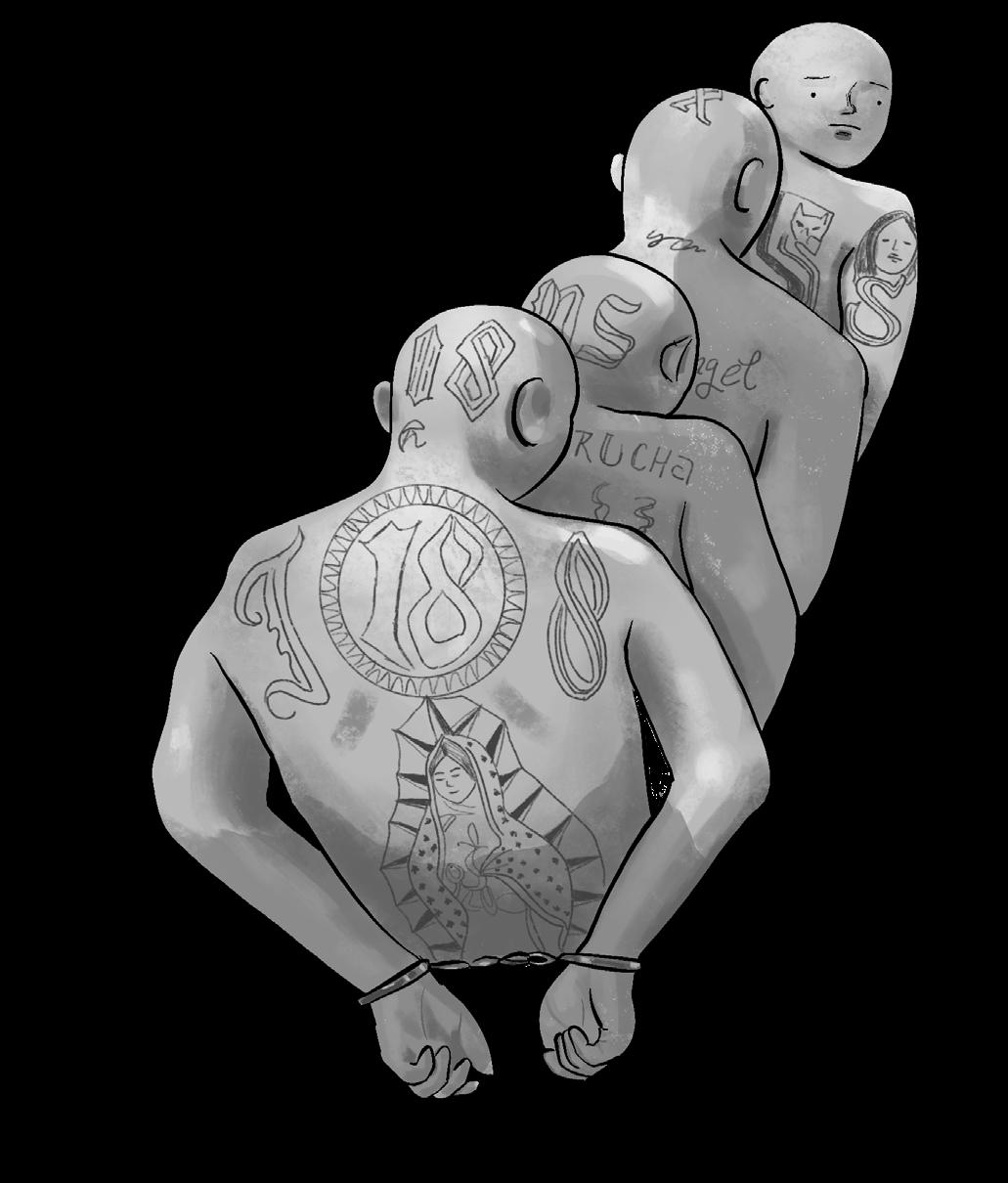
2 minute read
Chatbots Unexpected disaster strikes Turkey and Syria
A 7.8 magnitude earthquake struck Turkey and Syria on Feb. 6, resulting in the destruction of entire cities, over 50,000 confirmed deaths and homelessness of 1.5 million people in Turkey alone.
Kyan Wang
Advertisement
Staff Writer
Through its incredibly human writing, the chatbot ChatGPT has taken the world by storm. Students are clamoring to use it for academic purposes, writers are using it to proofread–but others have more ambiguous intentions for ChatGPT’s use. Many predictions have been made of its future roles, from Google’s proclamation that chatbots may replace the internet search engine to former U.S. Secretary Henry Kissinger’s prediction that artificial intelligence (AI) will “change the fabric of reality.” suffered irreversible damage, which raised concerns that deficient construction may have exacerbated the earthquake’s impact. According to BBC, Turkish President Recep Tayyip Erdogan’s administration was accused of ignoring building codes and permitting unqualified contractors to disregard regulations. During a recent visit to the region, Edrogan attributed the disaster’s severity to “destiny’s plan.”
ChatGPT is a generative AI model, designed to produce various types of data in response to any prompt. By processing millions of human writing samples, ChatGPT has created an elaborate system to predict the most likely word a human would use to respond, mimicking human speech.
OpenAI, the research institute behind ChatGPT, has been developing the for years. GPT (Generative Pre-Trained) can be traced back to a 2018 paper by researcher Alec Redford. The paper introduced a model, then called GPT, which would be able to interpret and mimic human language. The next model, GPT2, seemed to display a basic understanding of the English language. Afterwards, OpenAI developed GPT-3, the model from which ChatGPT derives its language processing capabilities.
ChatGPT has already made strides in previously nonautomatable human tasks. For example, programmers are utilizing it to write simple code. OpenAI continues to make progress in AI development, recently releasing its newest version, GPT-4.
Although the technology has only been released in November 2022, ChatGPT has sparked a race between companies to build the superior chatbot. However, these AI projects have faced setbacks, at times to hilarious or destructive results. The New York Times wrote about Bing’s chatbot’s “emotional meltdown,” declaring its love and attachment of the user. Similarly, Google Bard instantly wiped out $100 billion from Google’s market cap when it answered a question in an official demonstration.
Moral concerns are erupting over ChatGPT’s usage, as educators are already observing a crisis in academic integrity with students using ChatGPT for schoolwork; the development of ChatGPT detection software provides little relief. VentureBeat reports that OpenAI’s own software mistook Shakespeare’s “Macbeth” as AI-generated, demonstrating the difficulty in distinguishing AI writing. Regardless, with its diverse range of functions, ChatGPT’s versatility and intelligence make it an exciting and indispensable tool for the future.

According to the World Health Organization, the earthquake was the most damaging natural disaster in the region over the last century. Roughly 1 million more people now inhabit makeshift shelters, and the homeless population has risen to 5 million—many people in the region were already displaced prior to the earthquakes. In Syria, over two-thirds of the population were already in need of aid due to a 12-year long civil war. However, tensions between the Syrian government and bordering Arab countries have lessened because of the mutual needs for survival for the time being. Several health concerns arose shortly after the earthquake, such as low temperatures, poor sanitation, lack of access to food and water and infectious diseases such as cholera and COVID-19.
“The earthquake’s destruction will leave scarring economic effects on Turkey and Syria for years. Proper building safety regulations are vital.
Staff Writer
blankets and winter clothes as well as stoves and fuel. They also offered protection services and psychosocial assistance to the displaced refugees. Additionally, The Associated Press reports that the U.K. has sent an emergency medical team to aid injured victims.
“Many organizations such as the U.N. donated to improve the situation in Turkey and sent rescue teams to Syria, which will hopefully lead to a strong recovery for affected regions,” Sophomore Alon Vals said.
As the earthquake’s aftermath transpires, millions of people are left in devastation. Turkey and Syria will recover from the by both nature










